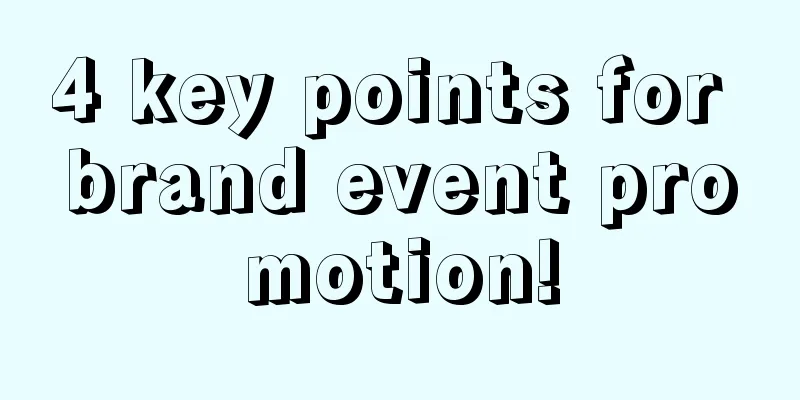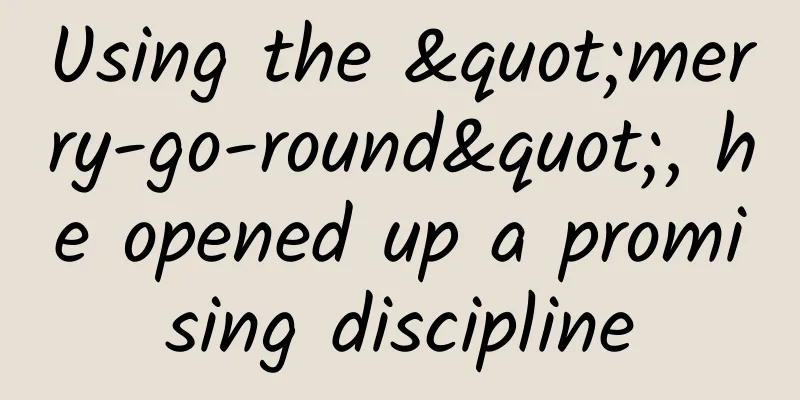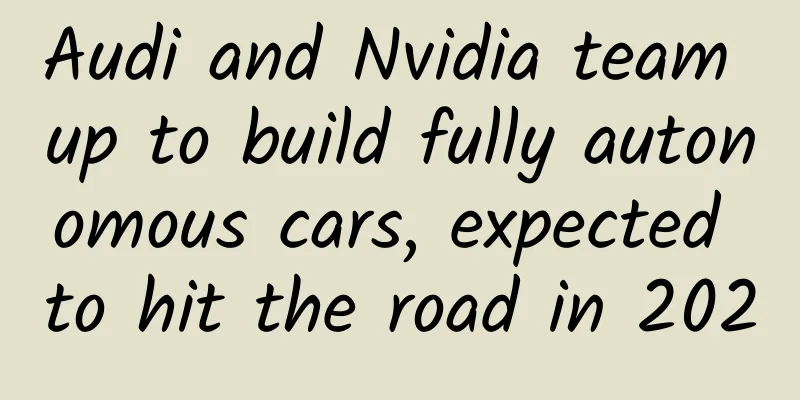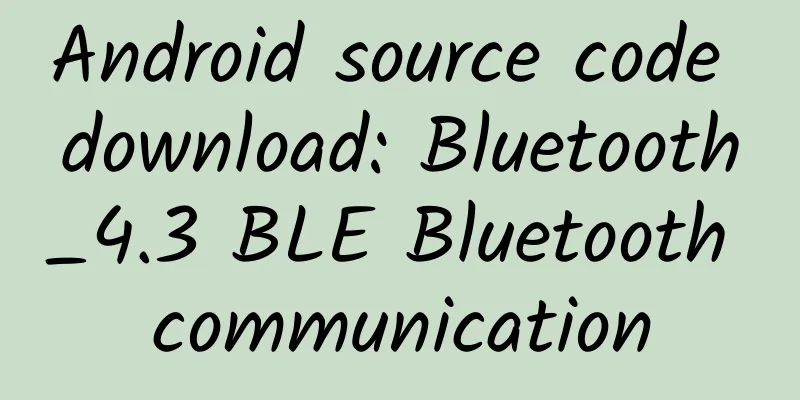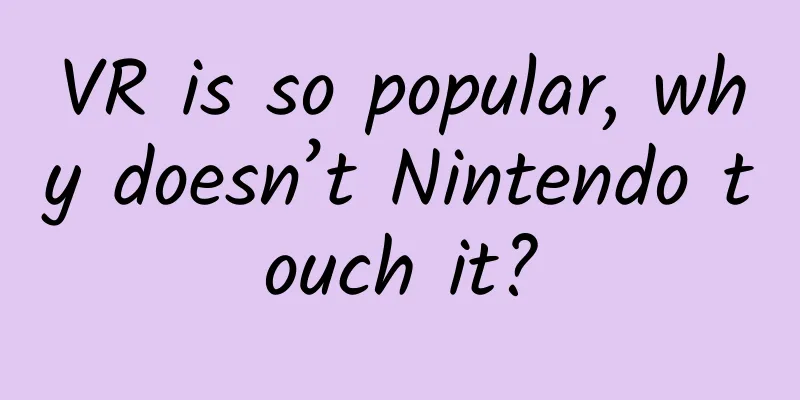The insurmountable “4”: If this number is exceeded, will people’s judgment decline?
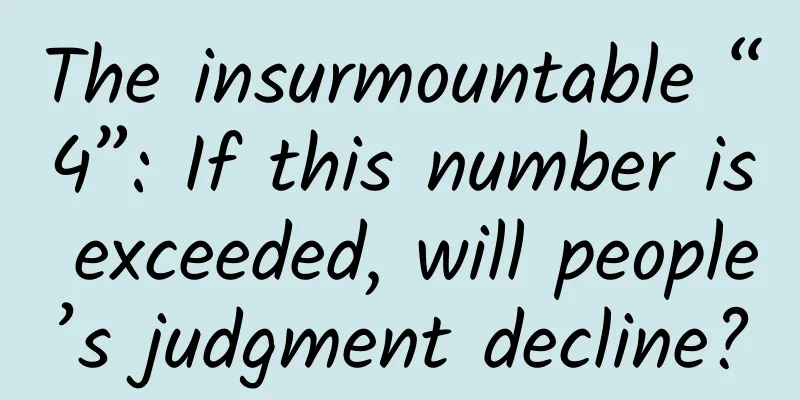
|
For more than a century, scientists have found that people are generally good at visually estimating quantities of four or fewer items. However, when faced with larger numbers, people's ability to judge quantity will drop significantly, and their estimation speed will become slower and more prone to errors. Now, scientists have discovered why: The brain uses a different mechanism to assess quantities of four or fewer than it does to assess quantities of five or more. They made this discovery by recording the activity of neurons in 17 participants, resolving a long-standing debate about how the brain estimates the number of items. The research results were recently published in Nature Human Behavior. "This discovery is closely related to people's understanding of the nature of thinking." Lisa Feigenson, a psychologist and co-director of the Child Development Laboratory at Johns Hopkins University in the United States, believes that fundamentally, this is a question of psychological structure, that is, what is the cornerstone of human thinking. The limits of our ability to estimate large numbers have puzzled scientists for generations. In 1871, economist and logician William Stanley Jevons published an article in Nature describing a survey of counting ability that concluded that, at least for some people, the number five is beyond the limit of perfect recognition. Some researchers have suggested that the brain uses a single estimation system that just isn’t very precise for larger numbers. Others have hypothesized that the difference in performance occurs because the brain uses two separate neural systems to quantify objects. But experiments have failed to determine which is correct. To address the above issues, the University Hospital of Bonn in Germany conducted an observation experiment on 17 participants by recording the activity of single neurons in the brains of awake people. The researchers showed an image of 0 to 9 dots on the screen for half a second and asked the participants whether they saw an odd or even number. As expected, when the participants saw 4 or fewer dots, their answers were much more accurate. Researchers had previously known that there are specialized neurons associated with quantity: some neurons fire when one object is present, others when two objects are present, and so on. Analysis of the participants' neuronal activity showed that neurons responsible for numbers 4 and below responded very specifically and selectively to their preferred numbers. However, neurons responsible for numbers 5 to 9 responded strongly not only to their preferred numbers, but also to nearby numbers. "The larger the number these neurons prefer, the lower their specific selectivity," said Andreas Nieder, an animal physiologist at the University of Tübingen in Germany and the corresponding author of the study. For example, neurons specific to "3" only respond to "3", while neurons with a preference for "8" respond to "7" and "9" in addition to "8". Therefore, people may make more mistakes when trying to quantify a larger number of objects. This suggests that there are two different "number systems" in the brain. Nieder was very surprised because he previously believed that the brain only had one estimation mechanism. "It's hard for me to believe that there is really such a dividing line, but in the face of the data, I have to accept this conclusion." He said. "These findings are very interesting," Feigenson said, adding that they provide new evidence from behavioral research showing that there are two psychological systems for estimating the number of objects. |
<<: He made a fool of himself that year, but went on to dominate 40 years of postwar science
Recommend
The most comprehensive iOS language learning materials collection
This learning material is prepared for iOS beginn...
Qualcomm Financial Report: Qualcomm's revenue in Q4 of fiscal year 2024 was US$10.244 billion, a year-on-year increase of 19%
Qualcomm released its fourth quarter and full-yea...
The Beginner’s Guide to Facebook Video Ads!
Facebook video ads are the most intuitive and eff...
Reference for advertising data in various channels in the tourism industry!
Industry: Tourism industry Business products: Tou...
The secret of creative advertising that makes brands go viral!
I wonder if you have noticed that there are only ...
How much does it cost to create a training mini program in Changji?
WeChat Mini Program is an application that users ...
Sales strategy everyone needs to learn: Sell everything you want to sell
Wang Gang is a practical elite with annual sales ...
Higher Education Policy Institute & Kortext: AI usage among UK university students will reach 92% in 2025, and academic assessment usage will rise to 88%
According to the latest research, the use of gener...
China Automobile Dealers Association: Regional market analysis of new energy passenger vehicles in September 2022
According to the new energy vehicle retail data o...
Apple removed Autohome from its App Store. Here are the famous apps that were removed and the reasons for their removal!
We have been monitoring data and dynamics of all ...
In-depth analysis | Where did your advertising money go? Methodology for placing tens of millions of dollars in advertising channels
I believe everyone is familiar with information f...
There is no best copywriting, only the most suitable copywriting at the moment. There is no need to always write it to 100 points!
Regarding copywriting , the author has always held...
315 Consumer Rights Day丨Many of the “Internet celebrity hot products” are artificially created, are your consumer rights still there?
When you think of March, what comes to your mind ...
Is it true that the more Wenchang Towers there are, the better?
Which floor is best for Wenchang Tower? Which flo...
New energy vehicle route: waver or stick to it?
my country's pure electric vehicles are in a ...
